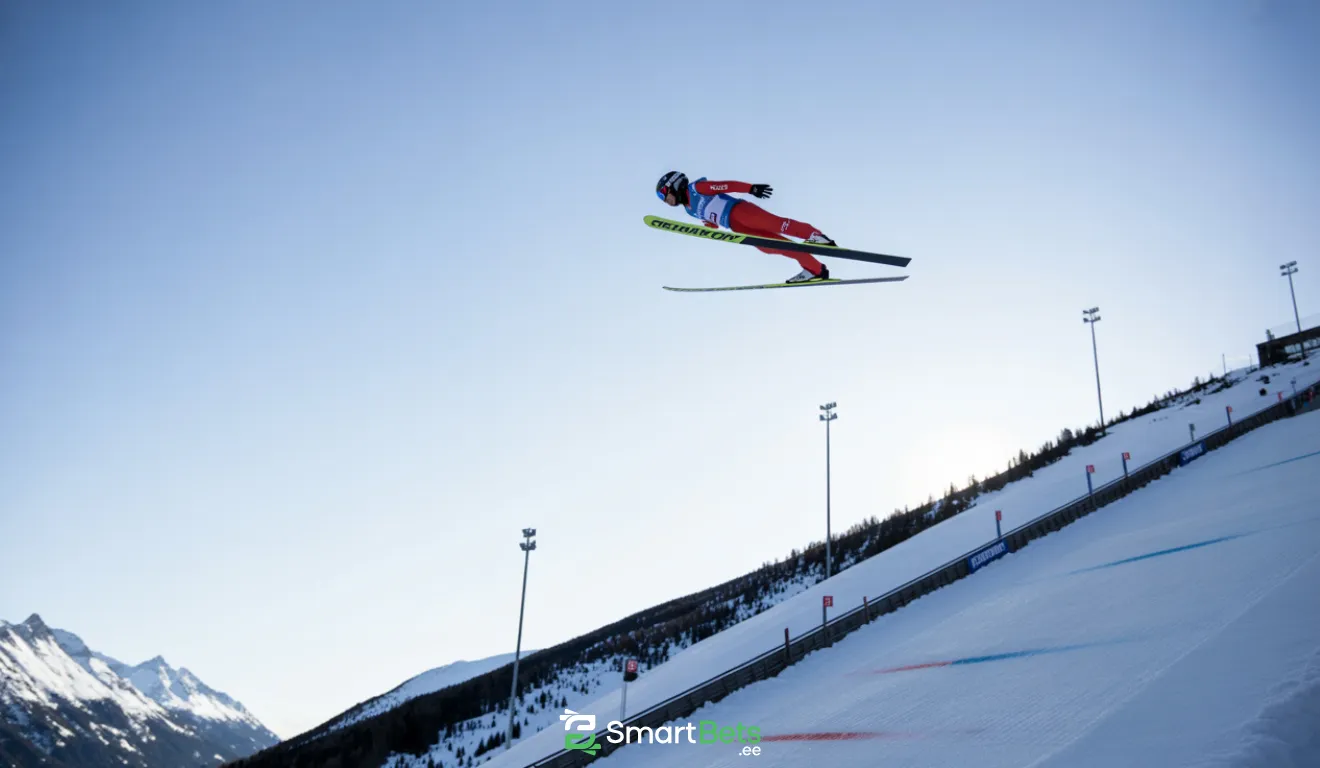Brazil’s Online Betting Market Hits $4.1 Billion in 2025
Brazil is set to become the fifth largest online betting market in the world, with projected revenue of US$4.139 billion (R$22 billion) in 2025, according to exclusive data from Regulus Partners shared with BBC News Brasil. The U.S. remains in first place with an estimated US$17.3 billion in net revenue, followed by the United Kingdom (US$9.9 billion), Italy (US$4.6 billion), and Russia (US$4.5 billion). This marks the first time Brazil appears in Regulus Partners’ global ranking, following the full regulation of online gambling in 2024. According to the government’s Secretariat of Prizes and Betting, the 78 licensed operators in Brazil collectively generated R$17.4 billion in revenue during the first half of 2025 alone.
From a $300 Million Industry to a Global Powerhouse
In 2014, the Brazilian online betting industry was worth around US$300 million. Economist Paul Leyland from Regulus Partners attributes the explosive growth to a mix of social and technological factors, accelerated by the COVID-19 pandemic lockdowns. “The biggest boost came during the pandemic,” Leyland explained. However, other factors also converged — including Brazil’s long-standing gambling ban, the rise of digital payments like Pix, and a marketing blitz from global betting brands.
A Shift from Lottery Counters to Smartphone Screens
Online betting was legalized in Brazil in 2018, but the sector remained unregulated until 2024. For nearly seven years, operators acted in a legal gray zone, using aggressive digital strategies to attract players, according to Victor Silva, an economist and researcher at Harvard’s Center for International Development. During that period, Brazil became what Silva called a “laboratory of behavioral economics”, where companies studied how to influence user spending habits through incentives, bonuses, and gamified interfaces. Instead of traditional lottery shops, betting moved to smartphones — with instant payments via Pix allowing users to place and withdraw bets effortlessly. In contrast, countries like Colombia and Mexico still rely on cash transactions through retail stores. That offline element, said Antonio Forjaz, managing director of Entain Latin America (operator of Sportingbet), is a barrier Brazil managed to eliminate. “Here, everything is instant — Pix makes betting frictionless,” Forjaz said, calling Brazil one of Entain’s most important markets.
Why Brazilians Embraced Betting
For André Gelfi, president of the Brazilian Institute for Responsible Gaming (IBJR) and managing partner at Betsson, Brazil’s high rate of digital adoption and online banking made it a perfect environment for betting growth. He also points to a cultural factor: the country’s 80-year-long prohibition of games of chance created pent-up demand for new forms of entertainment. “When people finally got access to mobile betting, it was like a revelation,” Gelfi explained. “They saw something new, accessible, and exciting.”
Football, Marketing, and the “Normalization” of Betting
Aggressive marketing has played a defining role in Brazil’s betting boom. Once obscure, betting brands now appear on football jerseys, Carnival VIP boxes, influencer feeds, and even public buses in major cities. Eighteen of the twenty clubs in Brazil’s top football division currently feature betting sponsors. The five largest sponsorship deals alone exceed R$596 million, led by Betano (R$220 million with Flamengo), Superbet (R$113 million with São Paulo), Esportes da Sorte (R$103 million with Corinthians), Sportingbet (R$100 million with Palmeiras), and H2Bet (R$60 million with Atlético Mineiro). “Football acts as both an advertising vehicle and the main subject of bets,” explained Forjaz.
Critics Warn of “Betting Addiction” and Family Risks
Despite the industry’s growth, critics such as economist Victor Silva warn about the “betization” of family income — the growing share of household budgets spent on betting. A Central Bank report revealed that five million welfare beneficiaries had transferred funds to betting platforms using Pix. This led the Supreme Federal Court (STF) to ban the use of social assistance funds for gambling in October 2025. Silva argues that betting should be treated like tobacco — a “temptation good” requiring regulation to prevent addiction. “When you want people to stop smoking, you don’t hand out cigarettes — you regulate access,” he said.
The Regulatory Middle Ground
Brazil’s 2024 regulation bans gambling ads targeting minors and prohibits misleading offers. A separate bill in Congress (approved by the Senate in May 2025) would impose stricter rules, such as banning ads featuring athletes, celebrities, or influencers — though the bill remains stalled in the Chamber of Deputies. IBJR’s Gelfi considers such restrictions premature, arguing that advertising helps draw players away from illegal markets. Forjaz agrees: “In the illegal market, there’s no ID verification, no AML checks, no age protection, no taxes. Legal operators must comply with all of that.” He also noted that betting sponsorships finance the growth of Brazilian football, calling it a “symbiotic relationship” between the two industries.
📊 Summary: Brazil’s Online Betting Market 2025
| Rank | Country | Projected Revenue (US$ Billion) |
|---|---|---|
| 1 | United States | 17.3 |
| 2 | United Kingdom | 9.9 |
| 3 | Italy | 4.6 |
| 4 | Russia | 4.5 |
| 5 | Brazil | 4.1 |
❓ FAQ – Frequently Asked Questions
Q: When did Brazil legalize online betting?
A: It was legalized in 2018 but only regulated in 2024.
Q: What is Pix and why does it matter?
A: Pix is Brazil’s instant, free payment system — it made betting deposits and withdrawals seamless.
Q: What are the top betting companies in Brazil?
A: Betano, Betsson, Sportingbet, Superbet, Esportes da Sorte, and H2Bet.
Q: How big is the market?
A: Expected to reach US$4.1 billion in 2025, ranking 5th globally.
Q: What are the main concerns?
A: Gambling addiction, unregulated advertising, and potential misuse of social aid funds.






